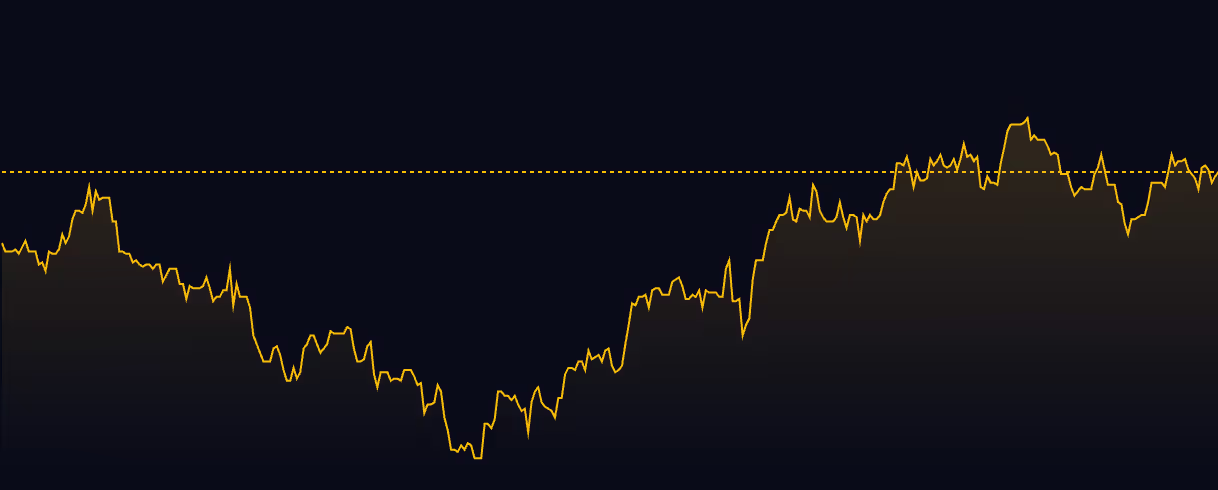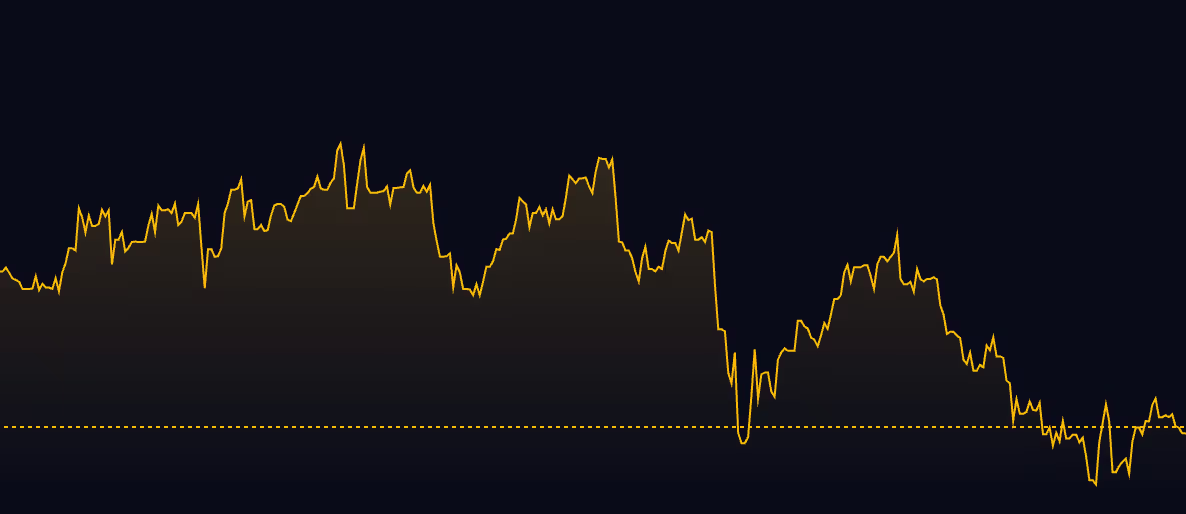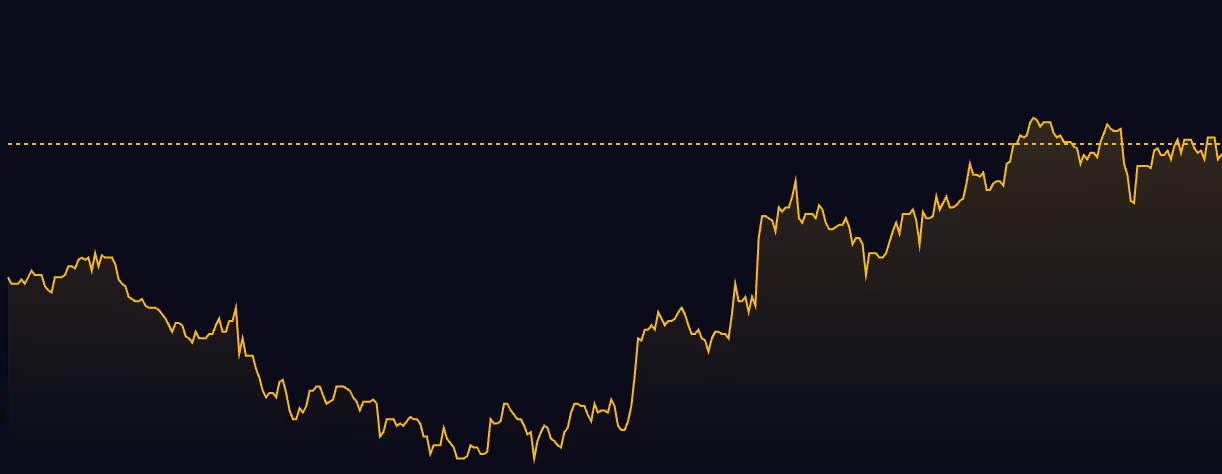When is the next Bank of Canada rate announcement?
The Bank of Canada's next interest rate decision and announcement is due on Wednesday, 28 January , 2025 at 13:45 UTC.
The Bank of Canada (BoC) announces its "key" interest rate (the overnight rate) and any decisions related to its monetary policy on eight fixed dates per year.
The BoC's key interest rate was formerly the Bank Rate. While the Bank Rate still exists, and is now set at the upper limit of the operating band, different methods have been used to determine and set it in the past.
What is the current BoC interest rate?
The Bank of Canada's current target for the overnight rate (the policy interest rate) remains unchanged at 2.25%. This target rate has been in place since October 29, 2025, when the Bank cut the rate by 25 basis points from 2.50% to 2.25%.
For the latest Canadian Overnight Repo Rate Average (CORRA), please see the Bank of Canada's website.
What date is the next Bank of Canada rate announcement?
The Bank of Canada's next interest rate announcement is due on Wednesday, January 28th. This announcement will coincide with the release of the Monetary Policy Report (MPR), which provides the Bank's outlook on inflation and economic growth.
See below for all the BoC's scheduled rate announcements in 2025:
BoC interest rate dates
- Wednesday, January 28, 2026*
- Wednesday, March 18, 2026
- Wednesday, April 29, 2026*
- Wednesday, June 10, 2026
- Wednesday, July 15, 2026*
- Wednesday, September 2, 2026
- Wednesday, October 28, 2026*
- Wednesday, December 9, 2026
*Inlcudes a Monetary Policy Report
These scheduled announcements typically occur every six to seven weeks. During each meeting, the BoC's Governing Council evaluates economic conditions, inflation trends, and other financial indicators to determine whether to raise, lower, or maintain the benchmark overnight rate.
What time is Bank of Canada interest rate announcement?
Eight scheduled times a year, the Bank of Canada announces its overnight rate target at 09:45 ET (13:45 UTC).
How often does the Bank of Canada review rates?
The Bank of Canada (BoC) reviews its interest rates eight times per year on a predetermined schedule. These announcements occur approximately every six to seven weeks.
However, The BoC can also hold emergency reviews to adjust interest rates outside the normal schedule in response to unexpected economic shocks, such as the COVID-19 pandemic in 2020. During each review, the BoC's Governing Council assesses economic conditions, inflation trends, and financial stability before deciding whether to raise, lower, or maintain the target for the overnight rate.
BoC interest rate history
See below for historical interest rate data, showing how the BoC's policy interest rate has changed over recent years.
*As of 2021, a change takes effect the day after its announcement.
What is the BoC interest rate forecast?
- Current policy rate: 2.25% held as of Dec 10, 2025.
- Market expectation: Hold through much of 2026 with no further cuts expected.
- Analyst projection: Potential for eventual hikes in 2026‑27 if economic conditions warrant.
What date is the next BoC interest rate decision?
The next interest rate decision by the BoC is scheduled for 2026-01-28.
What is the prediction for the Bank of Canada rate?
The prevailing market and analyst view is that the BoC is likely done cutting rates in 2025, and the policy rate is expected to be held at 2.25% into 2026. This reflects the Bank’s decision on December 10, 2025 to maintain the overnight rate at 2.25%, and a broad consensus from economists that no further cuts are planned for now.
- A Reuters poll of economists showed that most expect the BoC to stand pat on the policy rate for an extended period, with many forecasting the rate to remain steady through 2026 and potentially even until 2027.
- Markets are also now assigning negligible odds to near‑term rate moves, and in some cases are even pricing a modest probability of a rate increase in 2026 if economic conditions strengthen.
In summary, financial markets and economists currently expect the BoC to keep the overnight rate at 2.25% for much of 2026, with the possibility of rate hikes rather than cuts emerging later in the year if inflation persists above target and the economy proves resilient.
Will the BoC continue to cut rates in 2025?
Most analysts and market participants agree that the Bank of Canada has likely concluded its rate-cutting cycle for 2025, with the policy rate expected to remain at 2.25% into 2026. This outlook aligns with the Bank’s decision on December 10, 2025, to hold the overnight rate steady at that level, and reflects a general consensus among economists that no additional rate cuts are anticipated in the near term.
Should we expect rate increases in 2025?
No—further rate increases this year appear unlikely. The BoC has emphasised its easing bias, signalling readiness to cut if economic growth weakens and inflation subsides—not to raise rates further.
This publication is intended for general information purposes only and should not be construed as financial, legal, tax, or other professional advice from Equals Money PLC or its subsidiaries and affiliates.
It is recommended to seek advice from a financial advisor, expert, or other professional. We do not make any representations, warranties, or guarantees, whether expressed or implied, regarding the accuracy, or completeness of the content in the publication.



















